Our adventure in Algarve began on the eastern side of this picturesque region, where we spent some time in the nearby Cabanas.
We eventually made our way to the western Algarve, spending a year in the southern Portuguese capital, Faro. We had the opportunity to visit most of the key places between these two regions, giving us an in-depth understanding and forming our opinions about the diverse corners of southern Portugal. Despite our extensive exploration, the list of places worth seeing in this region remains long. Faro.
_
Some people collect travel souvenirs or magnets, while I keep a blog. _I used to collect magnets as well, but my little one has taken over the task, diligently searching for unique trinkets to attach to our metal board.
Our first steps in Algarve were taken in Tavira, a town that initially didn't make a huge impression on me. At first glance, the atmosphere of the town seemed sleepy, although I couldn't deny its charm. There's a significant difference between a short, touristy visit for a day and arriving for an extended period, especially on rainy days when daily errands like bureaucratic formalities need attention. Moreover, it was during the pandemic, which further complicated the situation and made it challenging for me to fully appreciate the beauty that Tavira and its surroundings have to offer.
Tavira wasn't entirely unfamiliar to us; we had the opportunity to visit it earlier. This encounter happened a few years ago during our journey from Malaga to Porto as we traversed the Iberian coastline.
Tavira's History
Tavira, situated in the Algarve region of southern Portugal along the Gilão River, boasts a rich and diverse history dating back to pre-Roman times. It is renowned for its picturesque landscapes, traditional architecture, and fascinating history, including the tales of the seven knights.
Tavira's history begins in Phoenician and Roman times when the town served as an important port and trading center. Later, during the Moorish rule, it became a significant strategic and cultural center, which is still evident today in its urban layout and architecture.
One of the most significant events in the town's history is the legend of the seven knights of the Order of Santiago, who played a pivotal role in recapturing Tavira from the Moors in the 13th century. According to this legend, these knights fought valiantly and sacrificed their lives in the battle for the town, contributing to its Christian reconquest. In their honor, the Church of Santa Maria do Castelo in Tavira houses symbolic tombs, making it an important historical and cultural site.
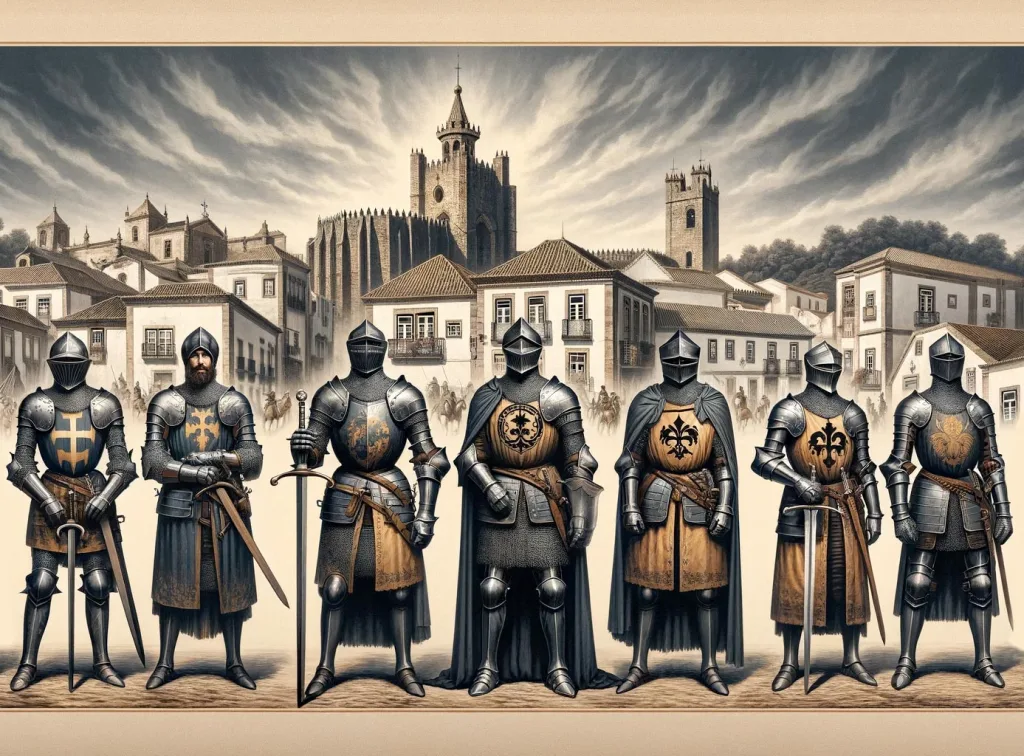
After its recovery by the Christians, Tavira continued to thrive as a vital seaport and trading center, maintaining its significance for centuries. Today, the town is cherished for its historical heritage, charming streets, historic bridges, and its rich culture and traditions that have endured over time.
Exploring Tavira
The town is divided into two parts, connected by the distinctive Ponte Romana, a Roman bridge rebuilt in the 16th century. Some guidebooks even call Tavira the "Venice of Algarve" because of it, but I'm not sure if such comparisons hold true.
Strolling through the town's center, you'll notice colorful azulejos beautifully integrated into the building facades. The cobblestone streets in the city center led us to the ruins of Castelo from the 12th century a castle, and right next to it stands Igreja de Santa Maria do Castelo – the oldest church in town, built on the site of a former mosque. The right bank of the river is predominantly residential.
It's interesting that in such a small town, there are a whopping 37 churches! Many of them are quite old and worthy of attention, especially for fans of sacred architecture. Igreja de Santa Ana and Igreja da Misericórdia are particularly recommended.
- Igreja de Santa Ana
- Igreja da Misericórdia
Centrum miasta stanowi siatkę brukowanych uliczek, wyłożonych mozaikami z kostek kamienia, znaną jako “calçada portuguesa” lub po prostu “calçada” (wym. kalkada). Warto zwrócić uwagę na charakterystyczną nawierzchnię chodników w Portugalii, często prezentującą wymyślne wzory ułożone z kamieni.
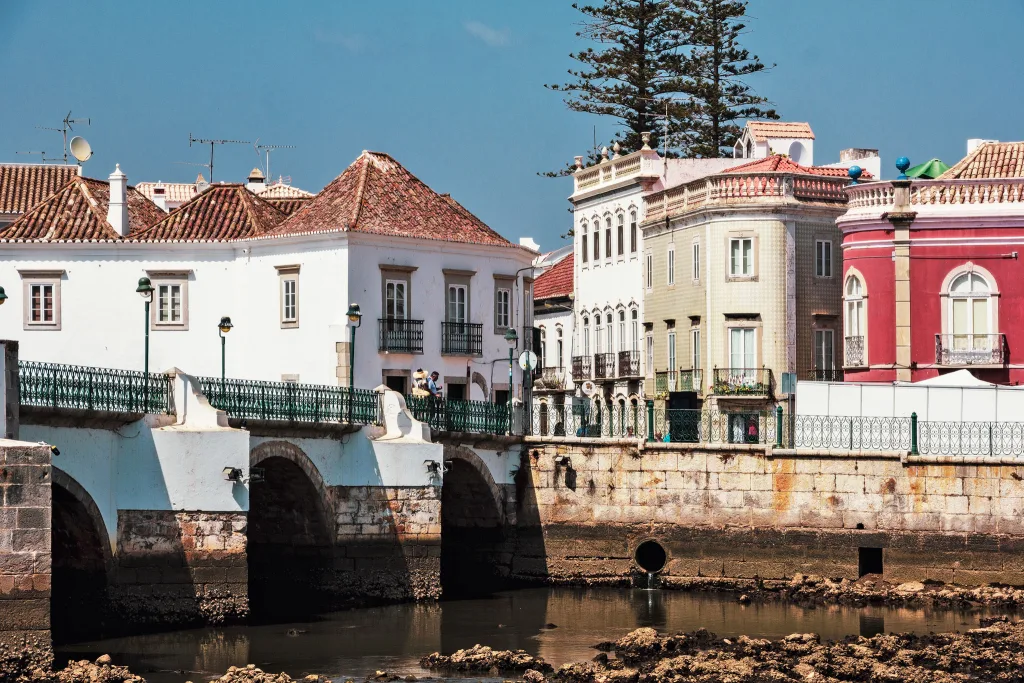
A stroll along the Tavira riverfront, heading towards the center, is truly enjoyable. On the left side, you can admire charming small restaurants and fishing boats, with crabs appearing on the shore at low tide.
Tavira is full of delightful eateries – it's hard not to come across delicious traditional dishes. Our discovery at the local market was dried, salted olives, which we had never tried before. They have a unique, original flavor, and I highly recommend them.
In the fall, a stall sets up in the center offering roasted chestnuts, right next to a small auditorium.
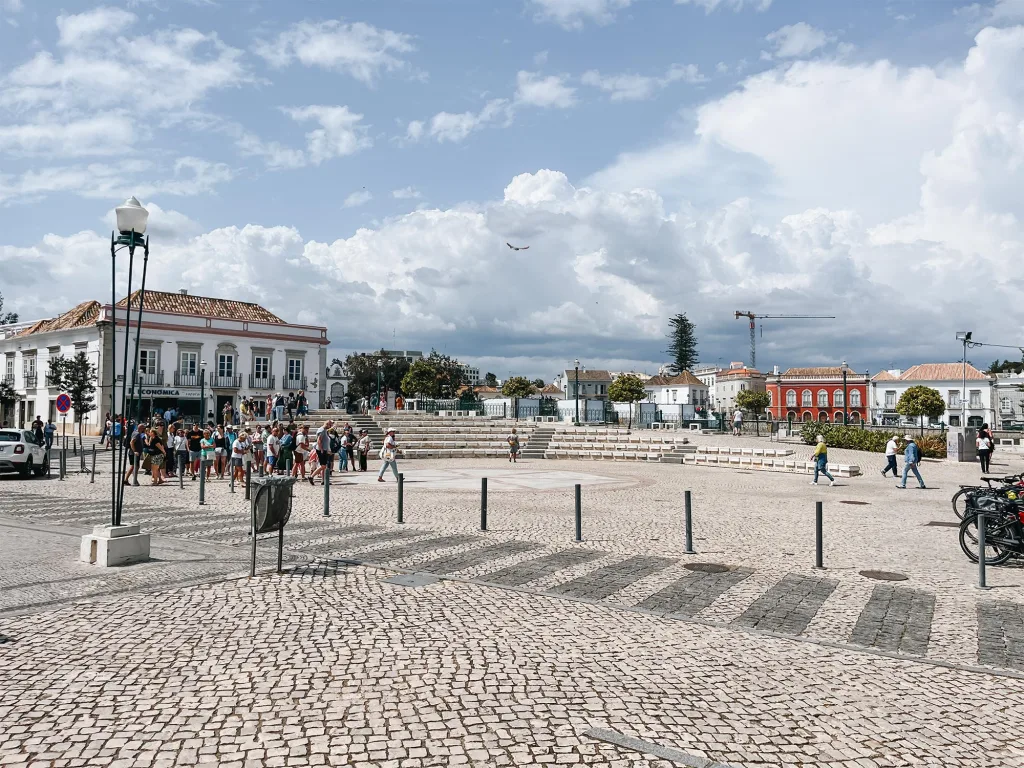
Culinary Delights and Local Specialties
Tavira's cuisine is a mix of cultural influences, with an emphasis on fresh seafood. Restaurants serve traditional dishes like Cataplana – an aromatic seafood dish prepared in a special pot.
What to See in Tavira??
- Palácio da Galeria - the art gallery
- Tavira Castle
- Promenade at the river mouth in the old town
- Flea market in Tavira - we used to visit, Click Here for information on when markets
- Tavira Science Center - a recommendation, especially for younger tourists
Attractions Near Tavira
- Nearby Saltpans - a great cycling route Salines- Ciclovia de Tavira, Click Here for nice routes near Tavira
- Ilha de Tavira - an island in Ria Formosa, accessible by ferries from Tavira's harbor, featuring a campground and a stunningly beautiful beach!
- Pego do Inferno - a bathing spot with a small waterfall
- Forte do Rato - a fortress also known as Fortaleza de Santo António or Forte da Ilha das Lebres, built during King Sebastian's reign to protect the mouth of the Gilão River and the entrance to Tavira's harbor
- Praia do Barril - a beach accessible by a small train
Accommodation and Hospitality
Tavira offers a wide range of accommodation options, from luxurious hotels to charming guesthouses. The warmth and hospitality of the locals make everyone feel at home.
Hotels and Guesthouses
The choice of accommodations in Tavira is impressive. You can find lodging to fit every budget and preference, from cozy guesthouses to exclusive hotels. banner accommodation in Tavira LOOK FOR ACCOMMODATION IN TAVIRA AT GREAT PRICES!
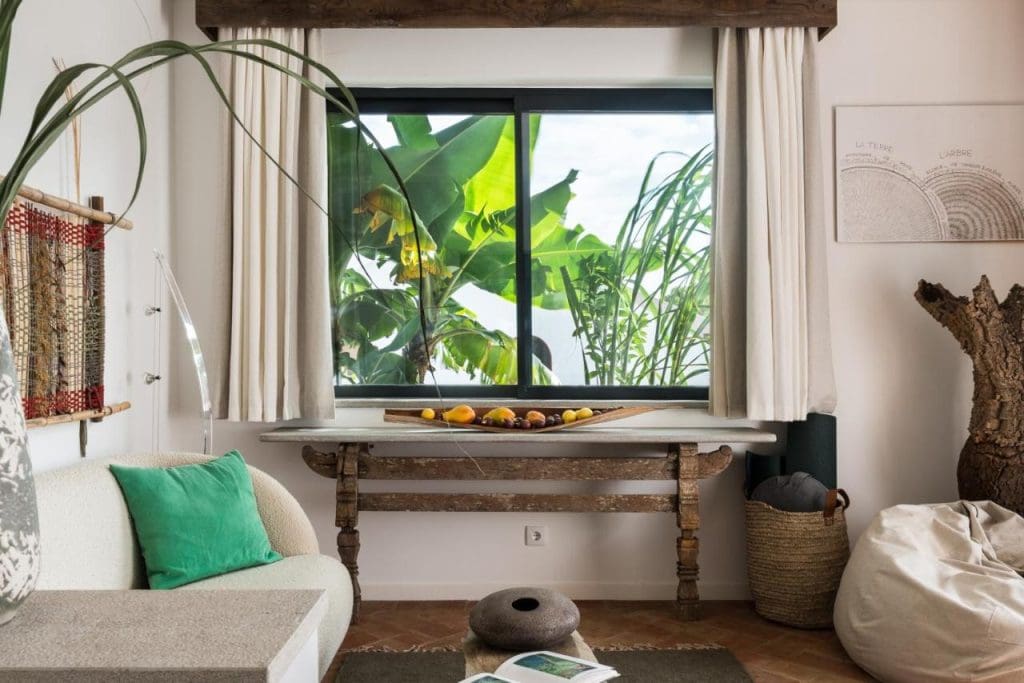
A cozy hotel in Tavira
Check out the accommodation and plan your trip to the Algarve!
How to get there
From Lisbon:
By Car: The journey from Lisbon to Tavira typically takes around 2.5 to 3 hours via the A2 and A22 highways. This scenic drive offers views of the beautiful Portuguese countryside.
Bus and train: Search for train and bus connections
From Faro:
By Car: Tavira is just a 30-40 minute drive from Faro via the A22 highway.
- By Train: Regular regional trains connect Faro to Tavira, with a journey time of about 30 to 40 minutes.
- By Bus: Buses are also available, offering a similar travel time to the train.
From Other International Locations:
Visitors can fly into Faro Airport, which has connections to many European cities. From the airport, Tavira can be reached by car, taxi, train, or bus.
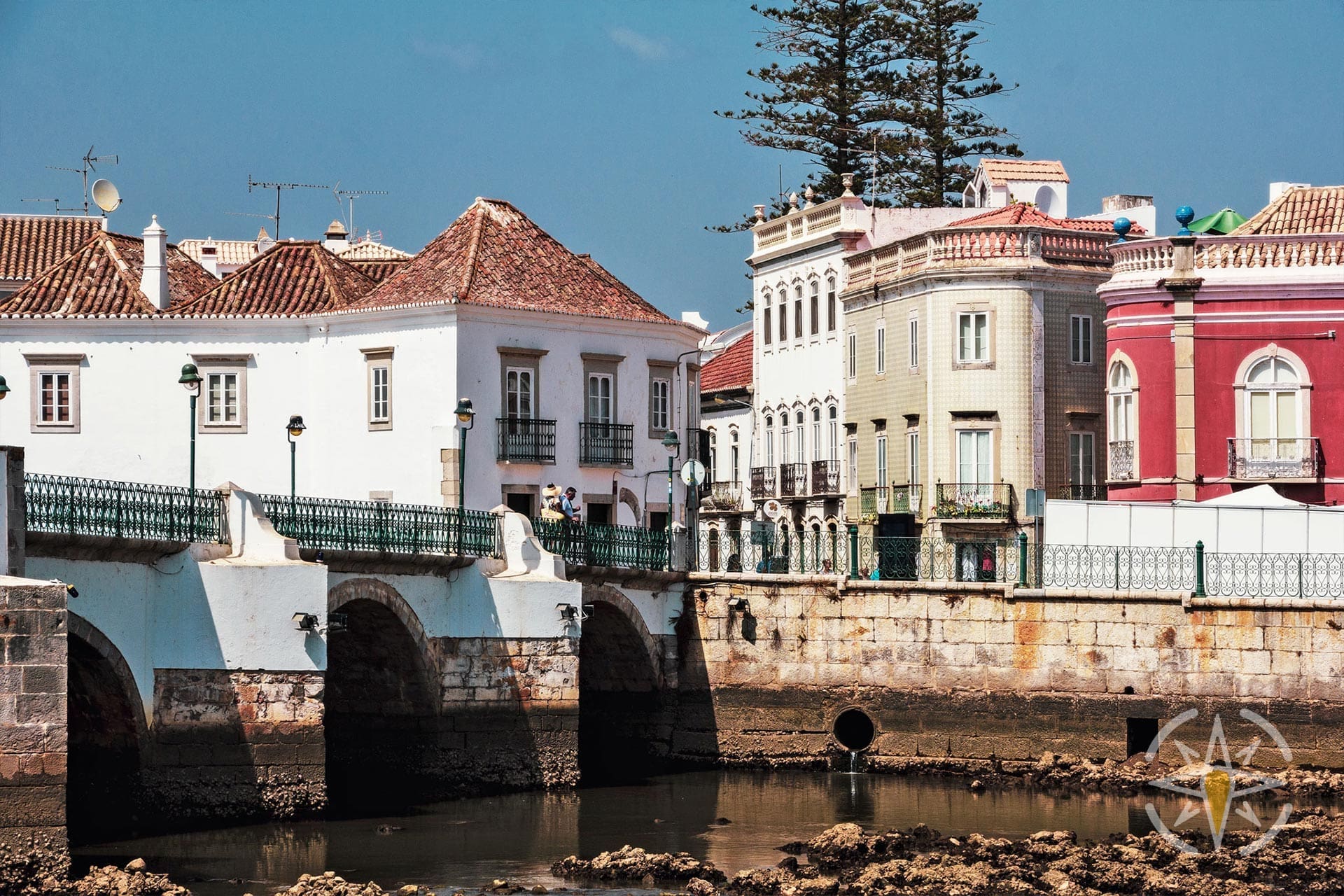
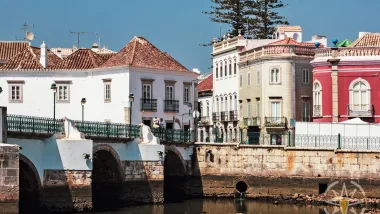
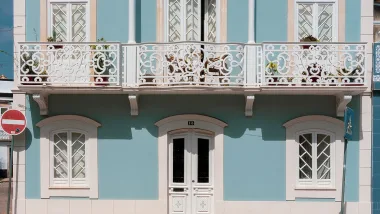
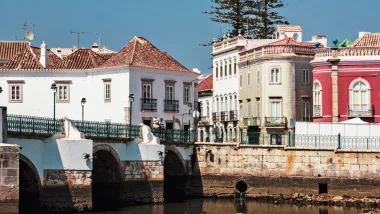
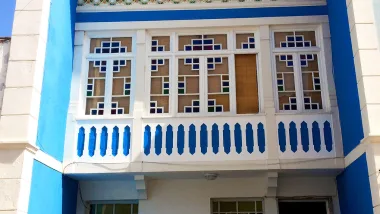
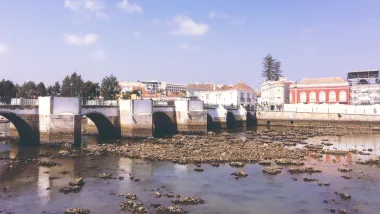
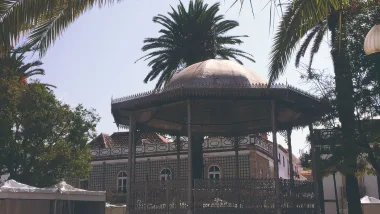
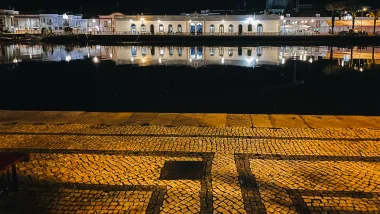
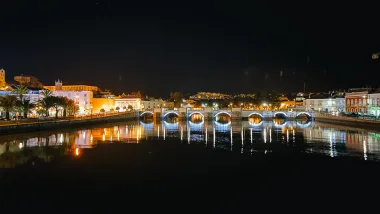
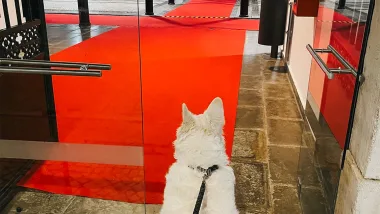
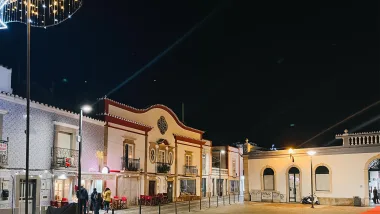
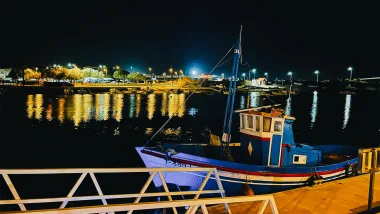
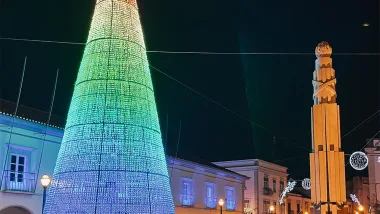
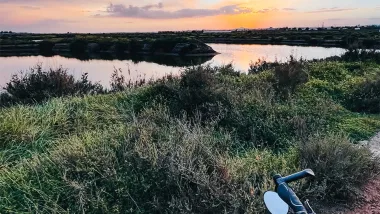
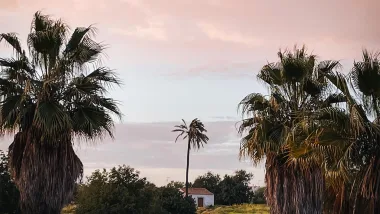
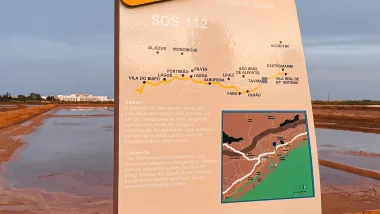
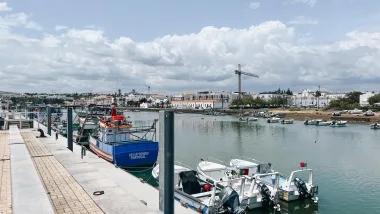
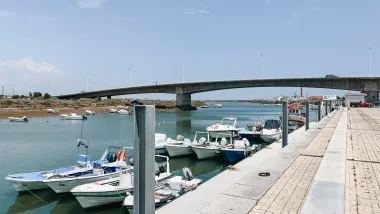
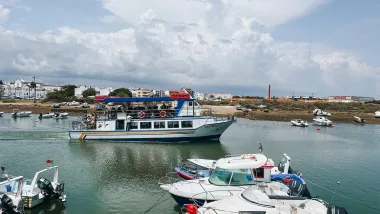
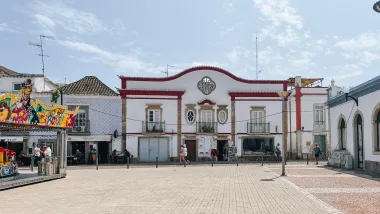
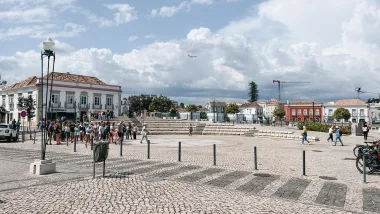
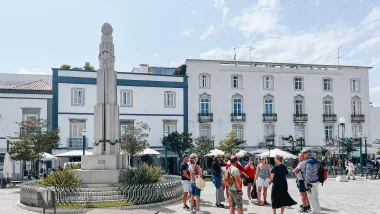
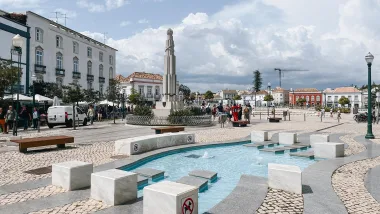
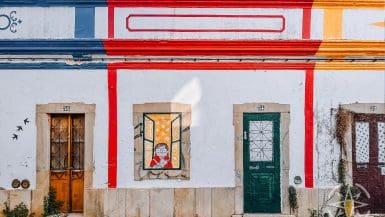
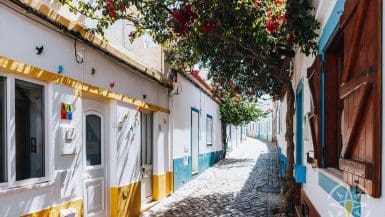
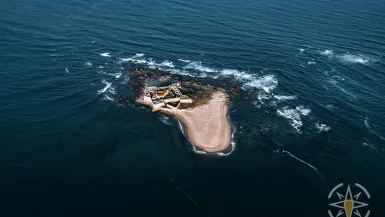
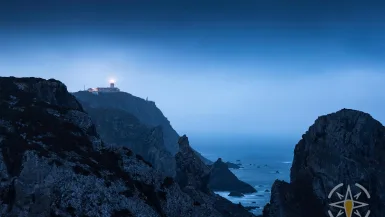
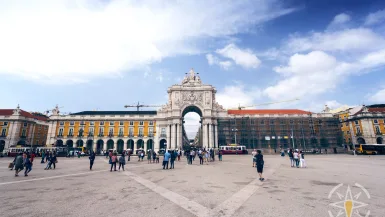
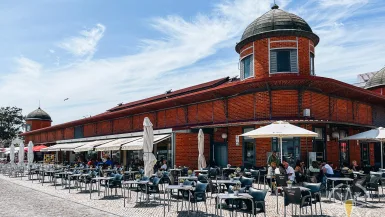
Leave a comment, ask a question...